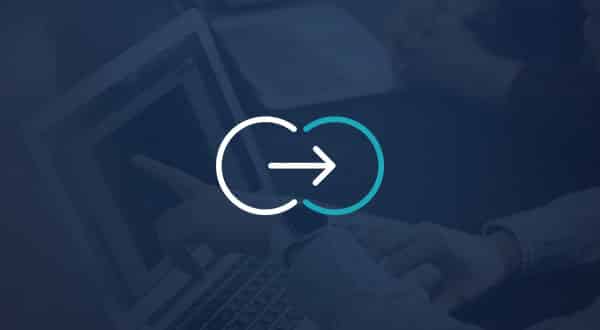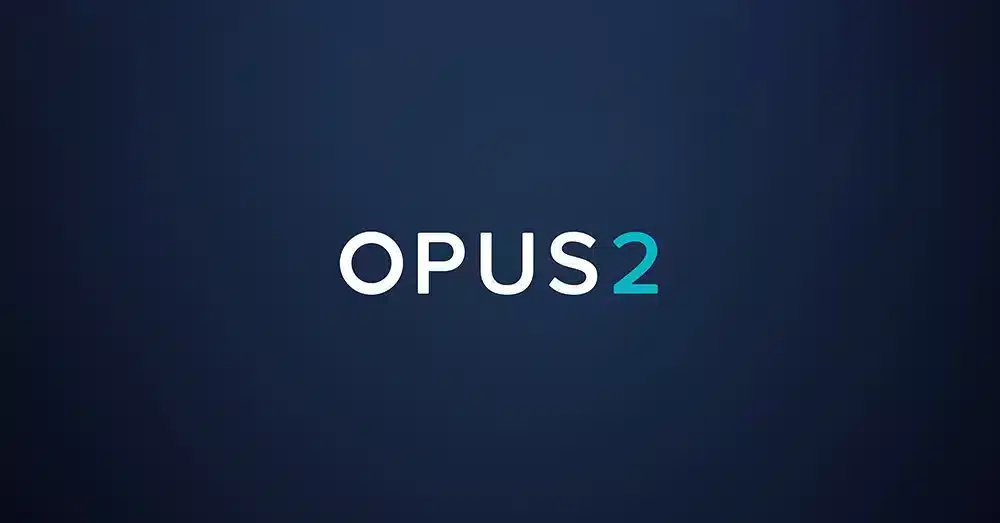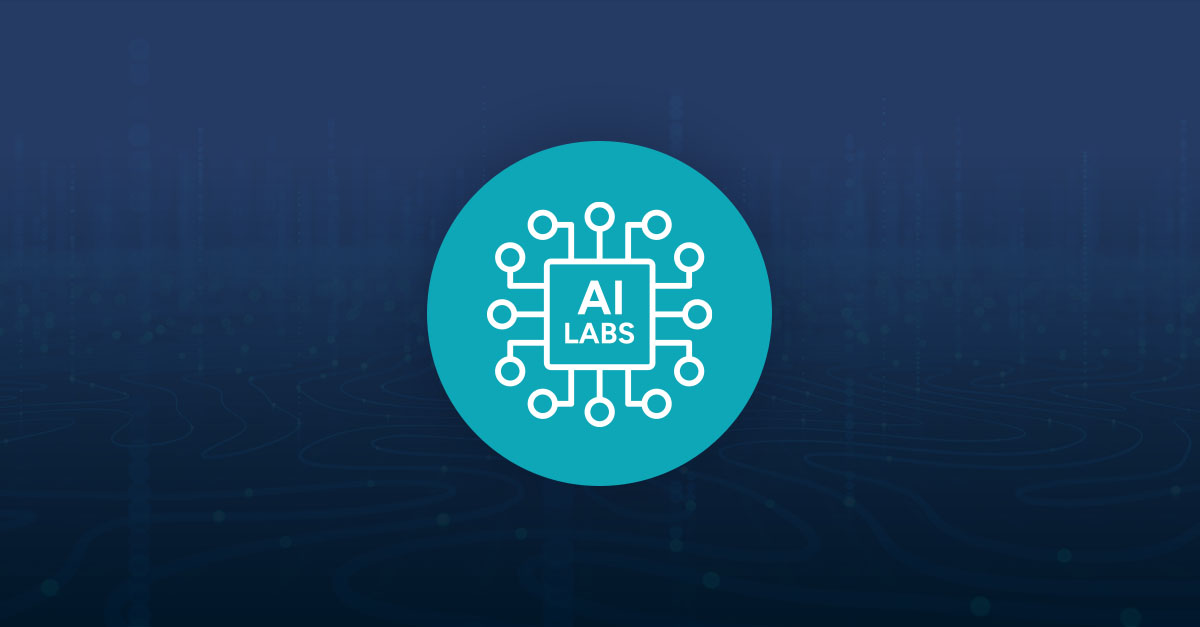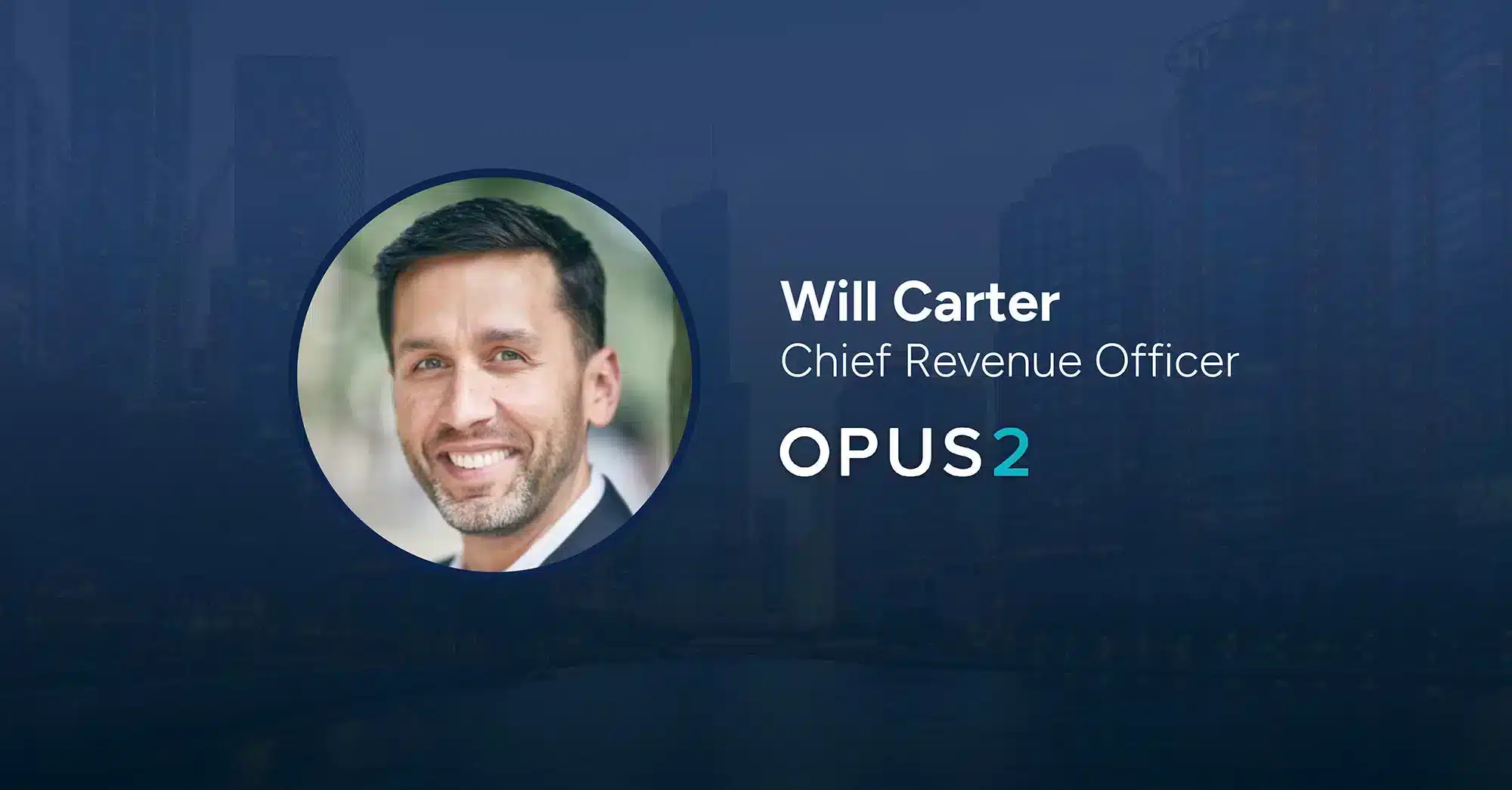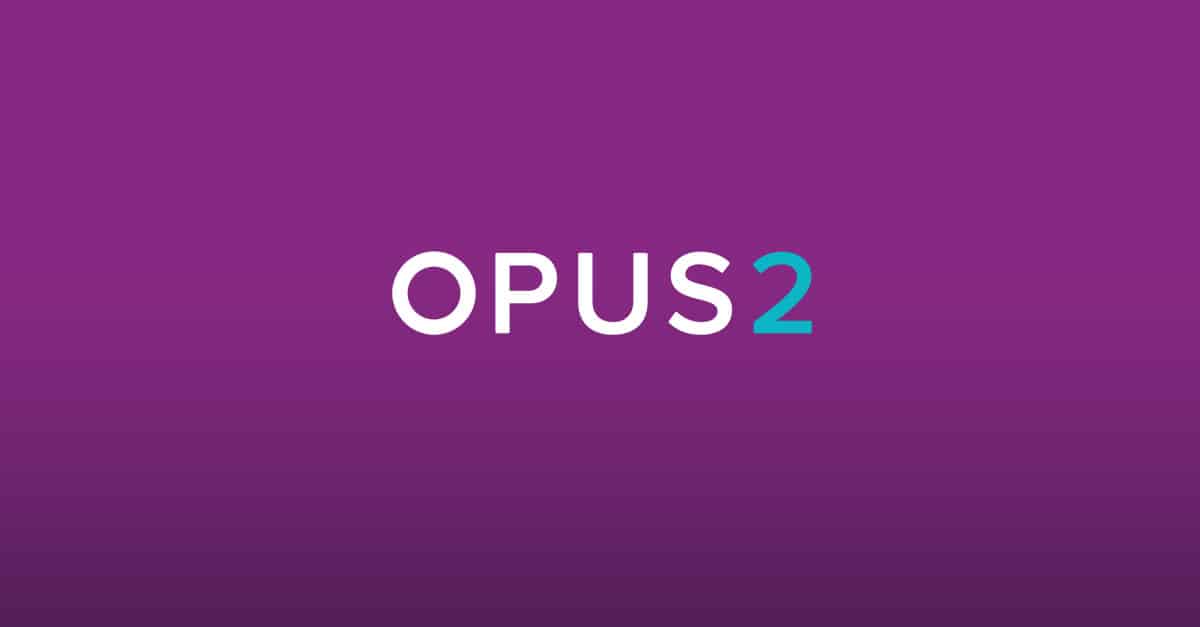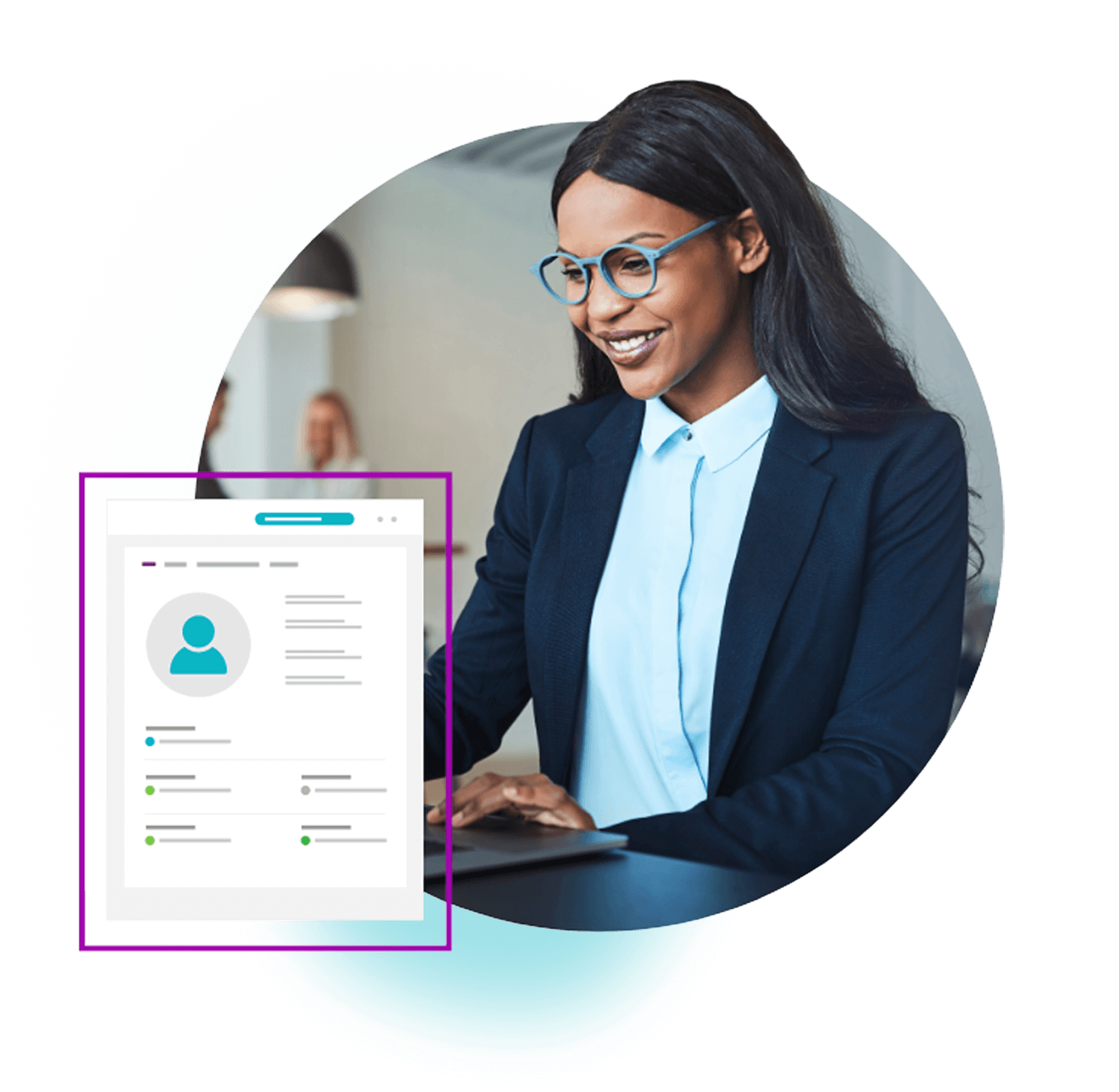This article was first published in The Oath on June 2023.
The Oath talks to Holly Gavaghan, Head of Arbitration, and Roopal Patel, Head of Hearings, at Opus 2. They share their insight on how law firms and in-house teams should turn to tech for improved agility, collaboration and efficiency.
Over the years, we have seen more law firms and in-house legal teams turning to legal tech to bridge gaps and support their businesses. In your view, what are the top three benefits of using legal tech?
Technology has been instrumental in transforming how we work across several industries, not least our own personal daily experiences. It is no different for the legal sector. Every firm, practice and area of law is different, so the key benefits are varied and nuanced. However, the top three benefits can be broadly classified as:
- Efficiency: Most inventions are designed to save time and allow us to do things faster, and at lower cost. Taking away time-consuming manual tasks that can be done much more efficiently and cost effectively by technology allows lawyers to focus on their key priority – delivering legal services.
- Scalability: Computers excel at taking repeatable processes and workflows and scaling them efficiently and consistently. For law firms and in house teams that want to achieve more, technology is an integral part of the answer.
- Creating value: Technology can enable us to work in new ways, approaching existing tasks differently and even enabling us to do some things that weren’t possible before. Law firms can differentiate their offerings and create new value-added services with legal technology.
If we are to consider the developments over the last decade, how have legal tech products/services/tools expanded and diversified? What are some of the recent developments especially in modernising dispute resolution proceedings?
Until just over a decade ago, legal technology was mainly targeted at improving data processing, such as the discovery or disclosure processes. This started the processes of information being more digitised, which laid the groundwork for the more transformative adoption of technology in the past decade.
Since the deployment of the fully integrated electronic hearing by Opus 2 in the Berezovsky v Abramovich trial in 2011, it is now commonly used in litigation and arbitration hearings. This includes the shared electronic bundle, evidence presentation, and real-time transcription, delivered in a single connected environment from preparation through to the conclusion of the hearings. Judges and arbitrators increasingly rely on the technology, both in the lead up to and during a hearing, but also in the preparation of their judgments and awards.
Over the last three years we have observed a growth in the adoption of purpose-built collaboration workspaces by disputes teams from the outset. This reduces silos, streamlines workflows for the hybrid workspaces, and enhances interaction with clients and third parties. The case materials are now almost wholly digital, which allows lawyers to take advantage of more sophisticated technology that allows them to not only search and tag content but conduct more complex analysis to assist in their case preparation.
Are there any common misconceptions about legal tech that may hinder a firm/team to adopt legal tech in their organisations? If so, what are they and how do you a legal tech company deal with such concerns?
The hardest part of adopting technology is change. Change is hard, and especially where the stakes are so high. Lawyers rightly approach technology with a healthy degree of scepticism and demand proof of its effectiveness.
Much of this stems from experience of technology, which was historically created to solve specific pain points, and was often designed to be used by specialists that received extensive training. Modern technology is much more intuitive and designed to enable more transformative change across how teams and entire practices work and deliver services.
We approach this challenge from two ends, although it is underpinned by one core philosophy that is central to Opus 2 – deep client partnerships. We design our technology to mirror and complement how lawyers work already. That is a hard problem to solve because no two lawyers are alike. Hence, we made our platform highly configurable and customisable, allowing us to easily adapt our solutions to be tailored to our clients’ needs.
At the other end, on the delivery side, our services team work closely with our clients to understand how they work. We then tailor our software to reflect their best practice and deliver solutions that our users find intuitive and user-friendly.
What is the impact of AI on the legal tech market? What are some of the ways legal tech tools can be further empowered by AI?
AI is already having profound impact on the legal sector. We are seeing AI being deployed effectively in eDiscovery and search, and we can soon expect its use in other areas like the use of speech to text.
Today, we have much more sophisticated core AI technology thanks largely to the developments in machine learning and large amounts of computing power. This will get better very fast.
What takes time is finding effective applications for this technology and identifying effective use cases and creating a proven commercial solution.
In the recent 7-page letter predicting the future of AI , Bill Gates sets out the idea of AI resulting in the creation of a personal agent that can enhance productivity. He describes how AI can reduce the need for continuous learning and allow individuals to focus more on jobs they want to do, while delegating things they don’t want to.
In the same letter, Gates warns of the risks and issues with AI, including its limitations in abstract reasoning and controls around its decision making. Developers continue to work on these challenges and many others. AI1 will continue to grow and evolve, and we should anticipate more AI-powered developments in the legal sector.
Did the pandemic have an impact on the greater adoption of legal tech? What are some of the trends you witnessed during that period?
The pandemic had a big impact on legal tech adoption without any doubt. Although, in the legal sector the pandemic was an accelerant. Shifts such as fully virtual hearings would not have been possible if the legal sector was not already considering and experimenting with these ideas. We would have got there eventually. The pandemic simply wound the clock forward by several years!The key trends we witnessed during the pandemic are:
- Increased adoption of online collaboration. We were already seeing more legal teams that were geographically dispersed. Combined with increasing digitisation, we observed a steady increase of digital collaboration workspaces. During the pandemic we saw some firms create 5 times more workspaces for matters compared to previous years.
- Increased remote participation. Fully virtual hearings dominated the pandemic years. Post-pandemic, we have seen the return of more in-person hearings, although we are observing more remote participation in these hearings compared to before the pandemic.
- Greater focus on ESG. The pandemic gave us all a pause for thought and an opportunity to consider the world around us. Movements like the Campaign for Greener Arbitrations and the Greener Litigation Pledge found significant traction during the pandemic, and we are proud to play our part in supporting these initiatives.
Have you witnessed any trends that are specific to the Middle East’s legal industry?
Opus 2 has had a long-standing relationship with the Middle East’s legal sector.
Dubbed the world’s first digital courtroom, the Abu Dhabi Global Markets Court partnered with Opus 2 to design and implement their paperless court in 2018. During the pandemic, some firms in the Middle East were among the first to adopt our virtual hearing offerings for their international arbitration proceedings. The continued use of virtual and hybrid hearing solutions for arbitration proceedings sitting in the Middle East post-pandemic highlights the region’s willingness to adopt new and different means of working.
The challenges and opportunities for the Middle East’s legal sector are similar to the rest of the world. We are pleased to have relationships with so many forward-thinking firms and organisations in the region and continue to work with them to drive legal technology and innovation forward.
What are some of the developments you foresee in the future of legal tech? How does Opus 2 plan to be future-ready to deal with the evolving needs of this dynamic industry?
Opus 2 has pioneered and remains the leading provider of technology and services for disputes teams since 2008. We were the first to introduce cloud-based solutions for Realtime Transcription, eBundling, evidence management and case management.
During the pandemic, we once again led the way with an integrated virtual hearing offering that eventually delivered over 1,000 virtual or hybrid hearings during the pandemic, with participants from over 110 countries.
Opus 2 is future-ready. In early 2023, we completed an essential re-architecture of our core technology platform that introduces several new capabilities including Connected Portals, advanced Worksheets, and Dashboards. We introduced three new solutions in 2022, which were already built on this new emerging architecture – Opus 2 Case Preparation, Opus 2 Investigations and Opus 2 Counsel.
The other essential element of our future readiness is our deep client partnerships. Our clients are already asking us to help them solve challenges in other practice areas beyond disputes. We will continue to work with them closely to innovate and deliver innovative offerings for the legal sector globally.
